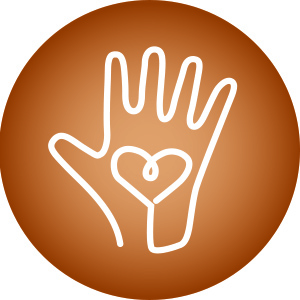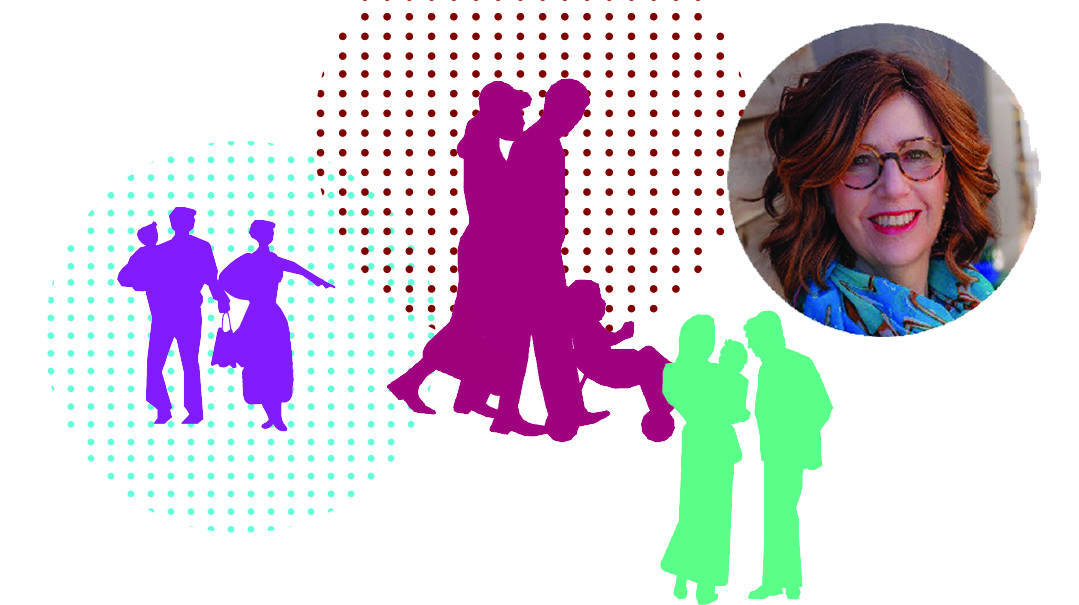“Does The Torah Specify An Age When We Step Back As Parents?”

In general, and across all ages, the good-feeling forms of education are always the most effective and least harmful

Q
I should probably know the answer to this, but I feel like I need to make the theoretical ideas fit into my life, and I’m wondering if you could guide me. My oldest just turned 18 (I have a few kids after that, so I’m asking for the future too). I’m aware that by your standards, I should be having 90 percent positive interactions with him. However, after that I’m a little lost — does that mean my job as a parent is mostly over? I just watch them learn from their mistakes on their own? Are corrections ever in order? If I remember correctly, you count requests for help in the 10 percent negative interactions, so that leaves almost no room for chinuch or guidance. Does the Torah specify an age when we step back? Any insight would be appreciated.
A
The late-teen-young-adult stage of development presents a definite parenting challenge. While those over 20 are held responsible by the Heavenly Court for their own behavior, parents are still allowed to offer loving guidance throughout life. However, the style of such parental guidance must definitely change as the child matures. This is why the 80-20 Rule that pertains to kids under 12 (80 percent of parental communications should feel good to the child) becomes the 90-10 Rule for teens, and the 95-5 Rule for adults (including your spouse).
This does not mean that we are finished educating older kids. The techniques, however, change over the years. For example, let’s imagine a scenario in which we are trying to teach a particular eight-year-old the value of honesty. The child has been lying routinely, and although we’ve been talking about and reinforcing honesty for months (with both praise and rewards), the lies have continued.
We decide to intensify our educational approach by adding negative consequences for the behavior, depriving the child of a prized privilege or possession whenever caught in a lie. We find that the child becomes more devious at first but then, after a consistent exposure to reasonable negative consequences, finally realizes the practical benefits of honesty.
The youngster hasn’t yet internalized the spiritual, relational, and emotional perks of the trait, but as parents, we will continue to inculcate the importance of honesty through personal example, routine acknowledgment of, and praise for, honesty as well as through direct education through inspirational stories, discussion, and divrei Torah at the Shabbos table. Hopefully, by the time the child leaves home, he or she will have imbibed far more than the practical, self-serving aspect of this important trait.
Teaching Your Teen
Now let’s move forward to how this same trait might be inculcated when your child is 18. At this point, education will consist largely of your own model, generous positive feedback, and casual but “educational” discussions at the table. But there is also still a small place for discipline.
Let’s say, for example, that you have routinely given this 18-year-old permission to drive your car to her friend’s house. It turns out that your daughter frequently collects her friend and then drives to the mall with her without your knowledge or permission. Eventually, you discover her dishonest behavior and confront her with your disappointment and concern.
You can ask her why she felt she had to be dishonest, and you can engage in problem-solving with her. You can, in other words, treat her with respect for her maturity. Nonetheless, understanding her dilemma and talking it through will not be sufficient educationally; keep in mind that no one of any age is beyond becoming the subject of a boundary. Your boundary can be, “I cannot trust you with my vehicle if I cannot trust your word. I’m sorry, but I won’t be lending you my car anymore this year. Perhaps next year, if I feel that your trustworthiness has improved, I’ll give you another chance.”
When to Stand Back
You can use boundary-setting strategies in any behavior that impacts you or your family, such as hurting anyone, failing to clean up, spending your money inappropriately, or putting oneself in danger (which will inevitably affect you financially, emotionally, and physically). However, when the issue affects only your child, then in most cases, you will have to stand back and allow the child to learn through experience.
For instance, it would not be appropriate to reprimand or lecture an 18-year-old for failing to study, nor would it be appropriate to correct her for not making social arrangements. In such cases, you would employ the “good feeling” educational techniques such as your positive model and your praise for desirable behaviors (along with, on one occasion only, your expression of your concerns regarding the undesirable behavior).
In general, and across all ages, the good-feeling forms of education are always the most effective and least harmful — by the time your child is 18, you will hopefully have become a master in these techniques!
(Originally featured in Family First, Issue 816)
Oops! We could not locate your form.



